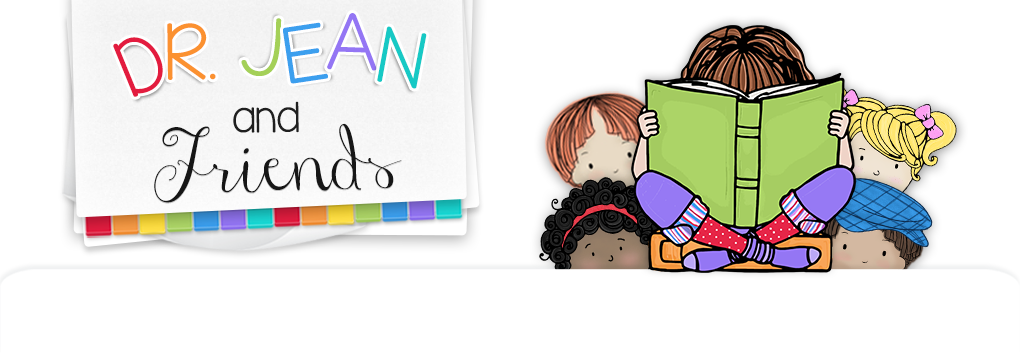Research to
Build and Present Knowledge
W.K.7. Participate in shared research and
writing projects.
Where in the
World? - Tell students that
you have a magic carpet that will take them any place in the world they want to
go. Make a list of their wishes
and then visit those locations on the internet.
Note Taking
– Stack 4-6 sheets of paper on top of each other. Staple in all four corners. Cut down the middle horizontally and vertically to make 4
little notepads that students can use to “take notes” when you read or discuss
a new topic.
Book Buddies
– Have an older class “adopt” your class.
Once a month get together and read books, write stories, etc. The older students could make books for
the younger students. Both groups
could “practice” reading books and then share them with each other.
What Can You
Find Out? Select a wide range
of books on a topic of interest or a theme you are exploring. Put the books on a table along with
paper and pencils. Challenge the
children to look through the books and see what they can find out. They can draw pictures or write words
about what they learn.
Graphic
Organizers – Attribute webs, Venn diagrams, tic-tac-toe frames, and other
visuals can be used to brainstorm and explore new topics.
W.K.8. With guidance and support from adults,
recall information from experiences or gather information from provided sources
to answer a question.
Brainstorm
– Have children brainstorm what they can do when they want to learn
something.
*Provide children
with several different sources on a topic. Compare and contrast what they learn.
Model –
Model how to use a dictionary, thesaurus, etc.
Where Do You
Go When You Need to Know?
Here’s a song you can sing to the tune of “Red River Valley.”
If you need to
find out how to spell a word
Here’s what you
can do:
You can look it
up in a dictionary
And you’ll find
its meaning there, too.
If you want to
find a brand new word
With the same
meaning as the word you have
You can look it
up in a thesaurus
A thesaurus lists
all the synonyms.
If you need to
find out more about a topic
There’s another
place you can turn:
You can look it
up in an encyclopedia
Where there’re
lots of facts for you to learn.
There are other
places you can go
When there’s
something you don’t know yet.
You can ask a
friend or a teacher
Or look it up on
the internet.
And soon you’ll
know so much – it’s true—
That all your
friends will come and ask you!
Clipboard
Interviews – Make clipboards from recycled cardboard and butterfly
clips. Let children use clipboards
to interview parents, classmates, etc.
*Use clipboards
on field trips or when you have guest speakers.
Guest Speakers
– Do you have parents, grandparents, or other people in your community who
could come talk to your class about their career, travels, hobbies, or life
experiences?



